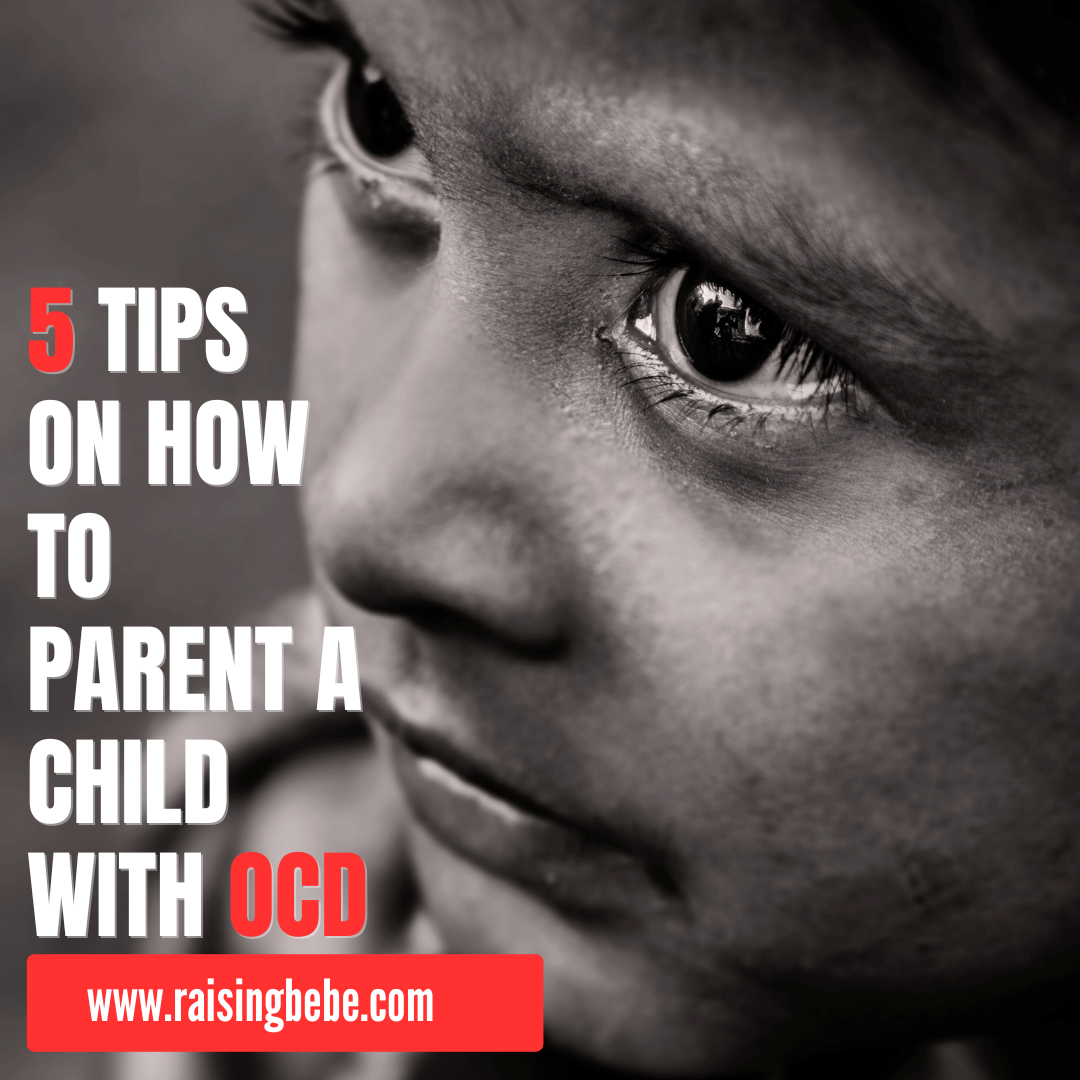Parenting a child with OCD can feel overwhelming, but with the right approach, you can provide the support your child needs. Understanding OCD and learning effective strategies are crucial in helping your child cope with their symptoms. In this guide, we’ll explore 5 practical tips that will help you navigate the challenges of parenting a child with OCD while fostering a supportive and nurturing environment.
1. Understand the Nature of OCD and How It Affects Your Child
To effectively support your child, it’s crucial to understand Obsessive-Compulsive Disorder (OCD) and its impact. OCD involves intrusive, unwanted thoughts (obsessions) and repetitive behaviors (compulsions) aimed at reducing anxiety. These rituals can significantly interfere with daily life. Educating yourself about OCD will enable you to recognize its signs and respond with empathy, providing a foundation for helping your child manage their symptoms in a healthy way.
2. Establish a Consistent Routine to Help Manage Anxiety
Children with OCD often find comfort in routine and predictability, as it helps to reduce anxiety. Establishing a consistent daily schedule for activities like meals, school, chores, and bedtime can provide structure. This consistency can make your child feel more secure, reducing stress and minimizing the need to perform compulsive behaviors. Try to involve your child in planning their routine, offering them a sense of control while maintaining boundaries.
3. Support Without Reinforcing OCD Behaviors
While it’s important to offer emotional support, you must avoid enabling compulsive behaviors. This means resisting the urge to give in to rituals, like allowing them to repeat actions or offering excessive reassurance. Instead, gently encourage your child to face their fears and work on resisting compulsions. You can help them build coping mechanisms and guide them through situations that trigger OCD, all while remaining patient and understanding of their struggles.
4. Encourage Therapy and Professional Support for Effective Treatment
Professional help, such as Cognitive Behavioral Therapy (CBT), is often a key component of treating OCD. Specifically, Exposure and Response Prevention (ERP) therapy has been shown to be highly effective for children with OCD. Encourage your child to work with a therapist who specializes in pediatric OCD. Therapy can help your child gradually confront their obsessive thoughts without resorting to compulsive behaviors, building resilience over time. Be an active participant in the process and ensure your child feels supported throughout their treatment.
5. Exercise Patience and Flexibility When Parenting a Child with OCD
Managing OCD is a long-term process that requires patience and flexibility. There may be times when your child experiences setbacks, or progress may be slower than anticipated. Understand that this is a normal part of the process. Celebrate small milestones and be adaptable to your child’s changing needs. Practicing patience and maintaining a supportive, nonjudgmental environment can help your child build confidence and resilience in dealing with OCD.
Conclusion:
Supporting Your Child with OCD
Parenting a child with OCD can be challenging, but with the right tools, support, and professional help, you can help your child manage their symptoms and thrive. By understanding OCD, maintaining consistency, providing emotional support, encouraging therapy, and practicing patience, you can create a nurturing environment that empowers your child to face their challenges.
Remember, you don’t have to do this alone. Seeking professional help, such as Cognitive Behavioral Therapy (CBT) and Exposure and Response Prevention (ERP), is key in managing OCD effectively. For more resources on treating OCD in children, visit The International OCD Foundation, which provides valuable information for parents and caregivers.

